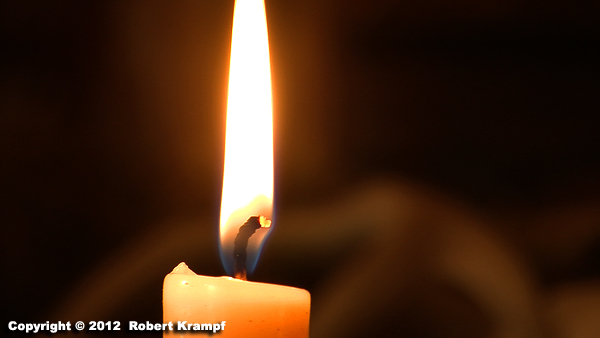
Does adding heat to something always make it hotter?
Answer:
No. Usually, adding heat energy to an object will cause its temperature to increase, but as you get close to a change of state (melting or boiling) things are different. When you heat water to 212°F (100°C), it does not immediately start to boil. Once it reaches that temperature, you can add another 2260 kilojules of energy (about 540 Calories) for each liter of water without increasing the temperature of the water. That is how much extra energy it takes for the water to change from a liquid to a gas. This is called Latent Heat of Vaporization. The same thing happens when ice melts into water, but with a much smaller amount of energy. You can warm the ice up to the melting point, and then it absorbs more heat energy before it gets any warmer and changes to a liquid. This is called the Latent Heat of fusion.
Going in the other direction, as you cool water vapor, once it reaches the condensation temperature, it has to get rid of the same amount of extra heat energy before it gets any cooler and condenses. If you keep cooling it, it will get colder and colder until it reaches the freezing point. Then the temperature will stop dropping, even though you continue to remove more heat energy. Only after you have removed enough extra heat energy will it get colder and finally freeze.
Non-subscriber

